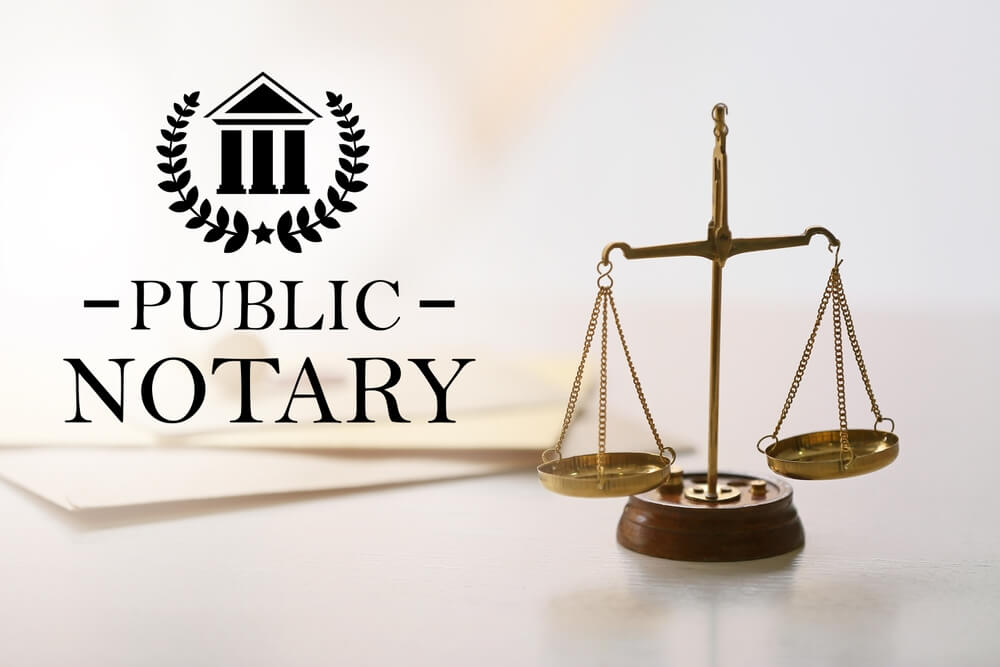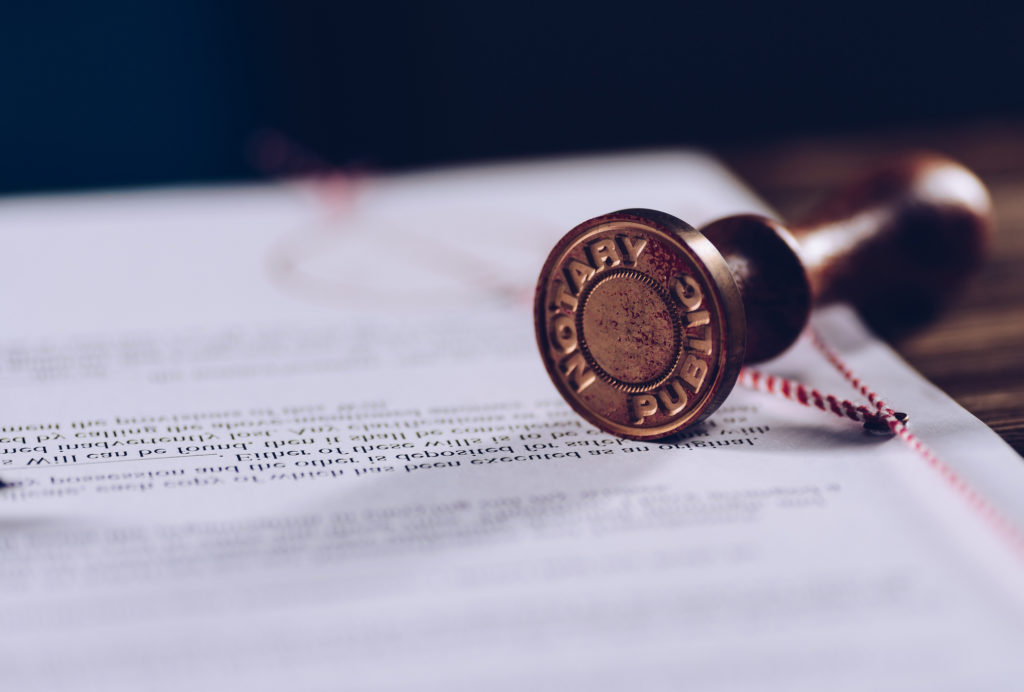DIRCO Regulations Demystified: A Overview to Diplomatic Procedure
DIRCO Regulations Demystified: A Overview to Diplomatic Procedure
Blog Article
Demystifying Notarial Job: Simplifying the Role and Value of Notaries
In the detailed web of lawful documentation and verification, notaries stand as columns of guarantee and credibility. Their function, commonly shrouded in secret for numerous, lugs considerable weight in ensuring the credibility and honesty of vital files. As guardians of validity and fact, notaries play a crucial component in our culture, yet their job is not always totally comprehended. By deciphering the complexities shedding and surrounding notarial techniques light on the significance of their acts, a more clear understanding emerges of the essential role notaries play in supporting the material of legal and lawful arrangements.
The Background of Notarial Work
The history of notarial job dates back to old civilizations, where scribes played a vital function in taping important information and authenticating documents. This led to the growth of notaries, individuals designated by the state to act as objective witnesses in legal matters.
Throughout the Middle Ages, notaries obtained importance in Europe, with their features broadening to include drafting lawful files, licensing trademarks, and preserving records. The rise of worldwide profession further stressed the significance of notarial operate in confirming contracts and contracts across borders.
In the modern age, notaries proceed to play a vital role in lawful and service purchases by verifying identities, confirming the authenticity of files, and avoiding scams. Their duty in licensing the validity of agreements adds a layer of safety and security and depend the ever-evolving landscape of commerce and regulation.

Duties and Responsibilities of Notaries
The historic evolution of notarial job from old civilizations to the modern age has formed the unique duties and responsibilities that notaries maintain in lawful and organization transactions today. Notaries play an important function in verifying the credibility of documents and the identity of signatories. Among their key obligations is to witness the finalizing of crucial records, such as contracts, wills, and deeds, to ensure that all parties are becoming part of arrangements intentionally and voluntarily. Notaries likewise verify that signatories are of sound mind and not under discomfort or threat.
Moreover, notaries are charged with providing affirmations and oaths, which are essential in legal process and the execution of sworn statements. They license duplicates of initial papers, giving guarantee to institutions that the duplicates are real reproductions of the originals. Notaries should maintain precise documents of all purchases they manage to guarantee openness and liability. Overall, the tasks and duties of notaries are important in securing the stability and legitimacy of numerous documents and transactions.
Notarial Certificates and Signatures
Exemplifying precise focus to detail, notarial certifications and signatures work as essential parts in verifying the wikipedia reference credibility of lawful papers. Notarial certificates typically consist of essential information such as the date of registration, the names of the notaries, a summary of the paper, and the notary's official seal. These certifications offer a clear record of the notarial act, making certain that the paper can be easily identified and traced back to the notary who supervised the process.
Signatures play an essential role in notarial work, as they indicate the arrangement and approval of the celebrations entailed. Notaries thoroughly witness the signing of records to confirm the identification of the signatures and confirm that they are signing of their own free will. By attaching their official seal and trademark to the paper, notaries certify that the needed procedures have been followed and that the file is legitimate and enforceable.
Basically, notarial certificates and signatures are the trademark of authenticity in lawful purchases, giving assurance to all parties entailed that the records are reputable and binding.
Relevance of Notarial Acts

Notarization Process Explained
The notarization process usually starts with the private offering the paper to a notary public. Once the identification is verified, the notary guarantees that the individual signing the paper does so voluntarily and without any browbeating.

Conclusion
Notarial certifications typically contain crucial info such as the date of registration, the names of the notaries, a description of the paper, and the notary's main seal. These certificates give a clear document of the notarial act, ensuring that the record can be conveniently recognized and traced back to the notary that supervised the process.
By fastening their official seal and trademark to the record, notaries certify that the required procedures have been complied with and that the record is legitimate and enforceable.
By confirming the identification of the notaries, validating their determination to enter into the agreement, and certifying the date and area of the signing, notaries play a critical duty in upholding the credibility of legal records.After the record is authorized, the notary will certainly fasten their official seal or stamp onto the document.
Report this page